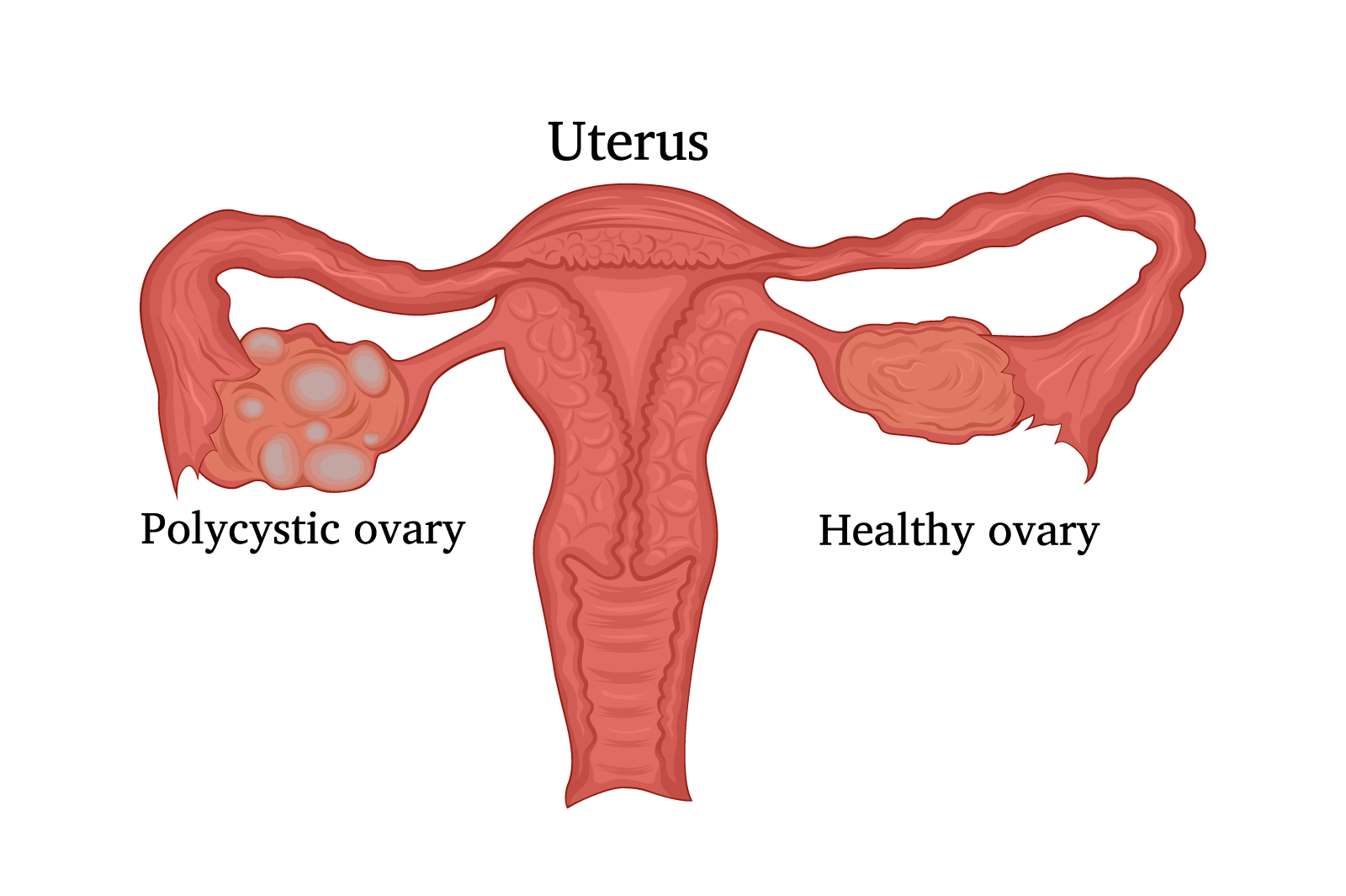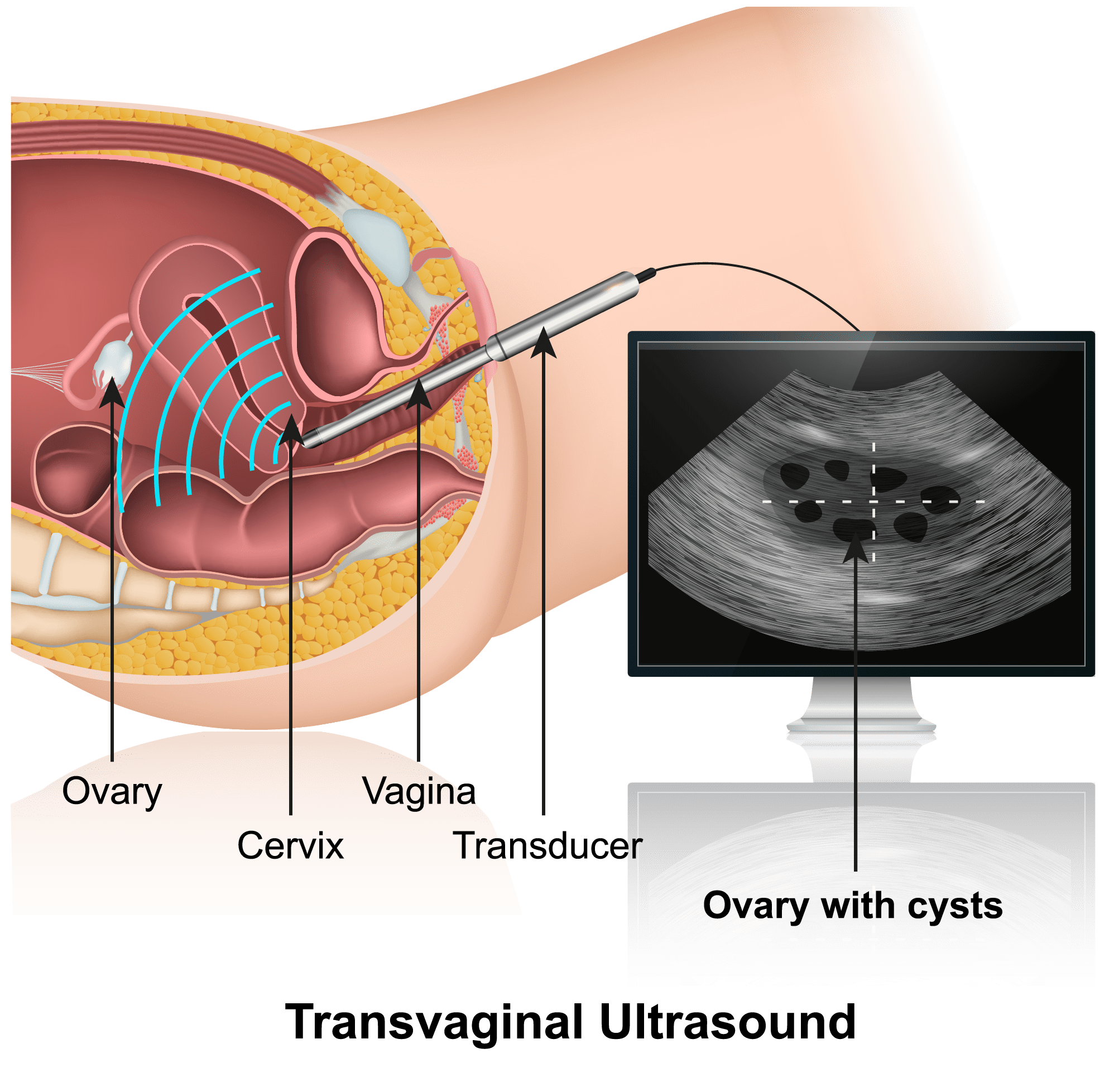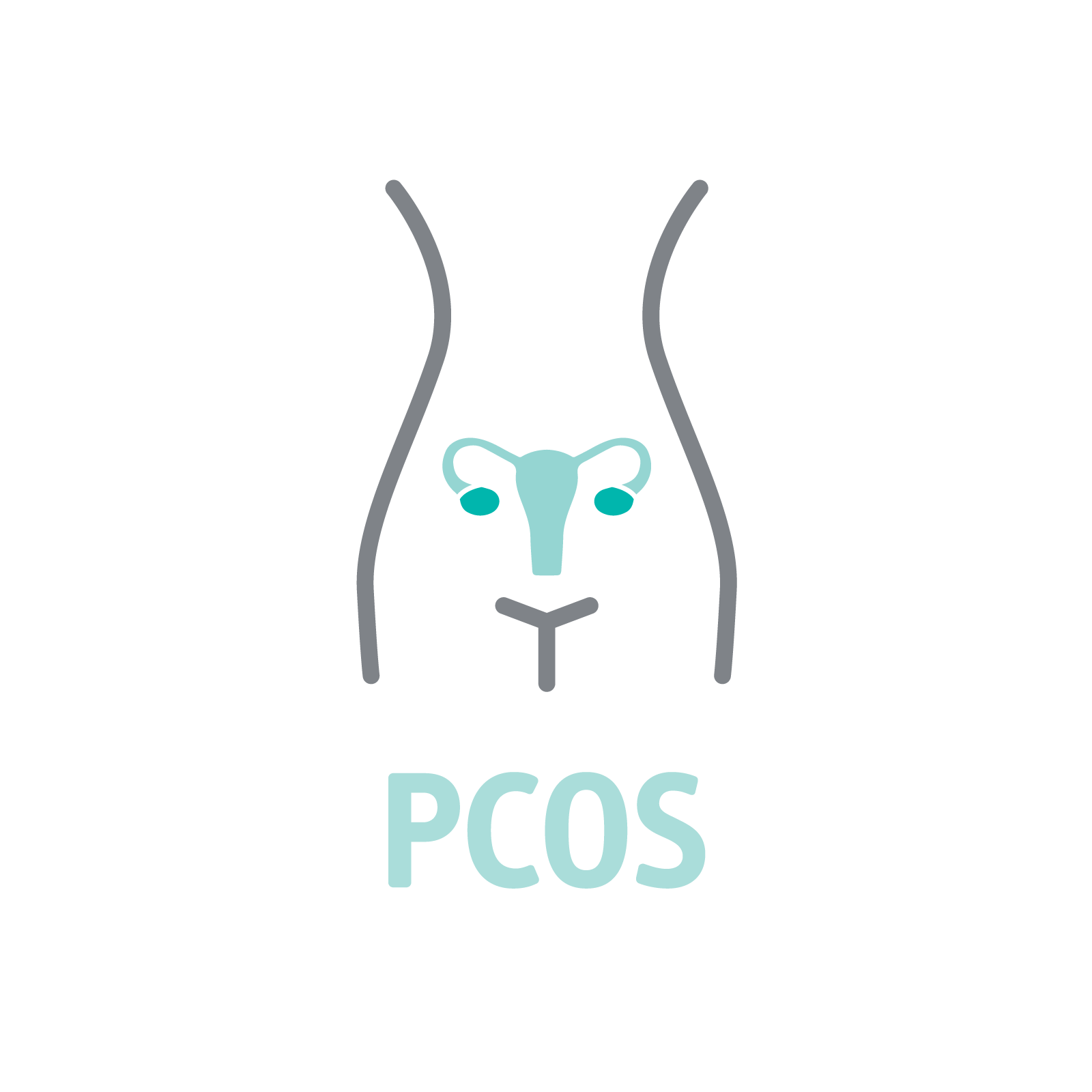What Causes PCOS?
While the exact cause is not known, the symptoms that are associated with PCOS are usually due to hormonal imbalances, excessive circulating male hormones and abnormal levels of insulin.
The polycystic appearance of the ovaries also result in the formation of immature follicles in the ovary which affects ovulation and the menstrual cycle.
Genetics and family history can play a part as well.








